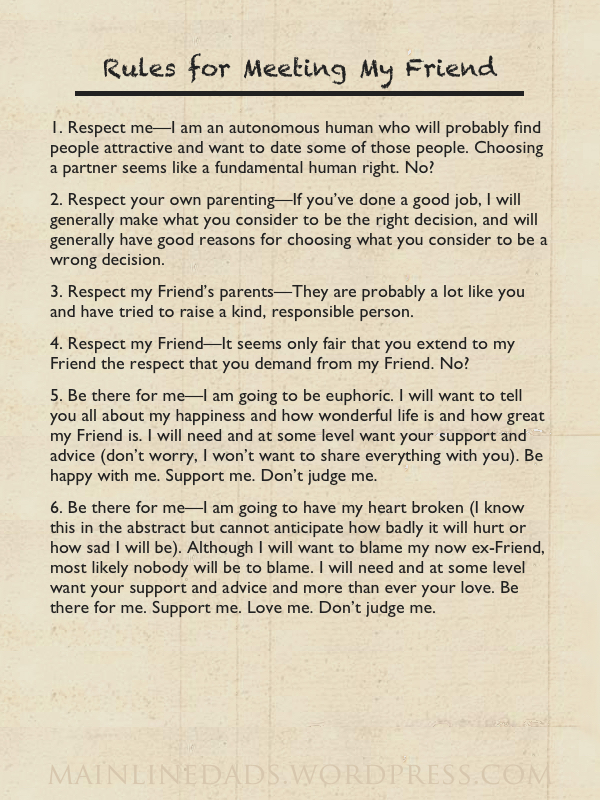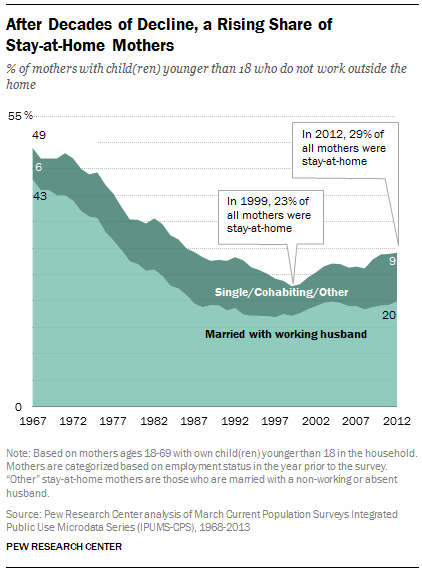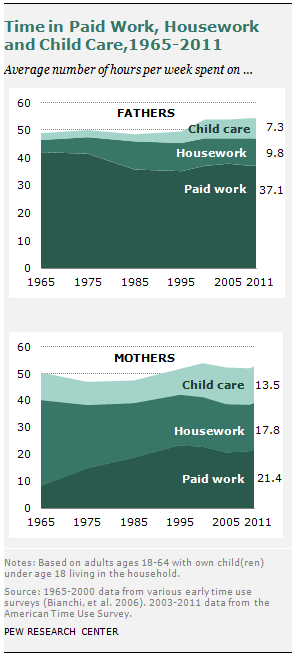We are always, slowly and almost imperceptibly, losing our parents. Sometimes we glimpse our loss as it happens, like some ultra-low frequency sound wave that we can just barely sense when the conditions are perfect. Other times and inevitably, our loss is devastating and final. When our parents are around, we can talk to them and learn, perhaps, a bit more about them. At some point, however, we have only the remnants of their lives from which we can try to piece together a fuller picture, if we choose. Olivia Judson’s poignant series of posts on working through her parents home after their death reminds us of the many ways our parents are familiar strangers.
In her recent post, To Read or Not to Read, Judson relates her hesitation and then her decision to read her mother’s journals. Through the snippets and fragments she read there Judson learned something of her mother’s loves and pains, her compromises and sacrifices, and her successes. She learned things that her mother didn’t, wouldn’t, or couldn’t share while she was alive.

Various journals collect the fragments from my life.
For years I have sporadically recorded bits of my life in journals—e.g., there’s one from the late 80s when I was alone in a foreign country, vaguely unhappy but not lonely; there’s one from that euphoric first year of marriage to The Mother; there’s one filled with longing and desire from that first summer The Mother and I had to spend apart; there’s one from last spring when I had to go on an extended research trip. Now and then I stumble across some half-filled journal in a box, lying discarded amid other detritus. When I thumb through them, a single sentence transports me back to a moment I had long forgotten. Immediately, the passions, the anger, the wonder, the sights, the lingering smells and tastes, all come flooding back. The raw emotions often surprise me. The sharpest edges of these experiences have now been dulled by the passage of time and buried by the accretion of life’s sediment. But those experiences remain formative. For better and for worse those experiences have made me the son and husband and father I am today.
I can’t say why I started recording shards of my life. There is no coherence to these journals, no over-arching theme links them, no conscious effort to record particular phases. Instead, they are fragmentary even within the limited scope of a single journal—a week-long trip to Paris fills more than 60 pages, but without apparent rhyme or reason I skipped some pages, notes are out of order, days that I recall vividly now merited no comment then. Whatever the reasons, I now have a growing collection of verbal snapshots, postcards without the pictures written to nobody in particular about a life in which I seemed to have played a central role.
These postcards from my life will one day offer #1 and #2 unguarded and unfiltered glimpses into a person they knew and yet didn’t know. They will, if they choose, learn something about me and come to understand me better. Looking back now, I am glad I have jotted down these moments and saved these journals not for me but for them. I will always be a familiar stranger, but perhaps, if they choose to read these journals, I will become a little less strange and a little more familiar.




You must be logged in to post a comment.